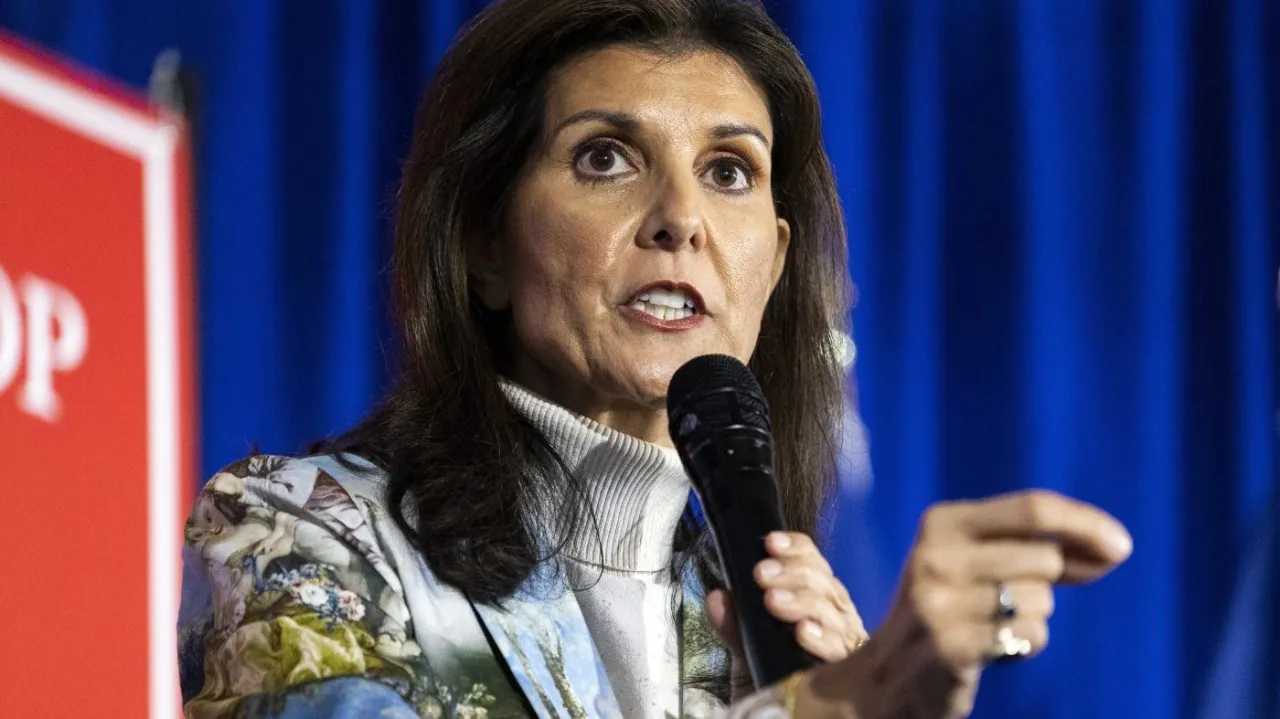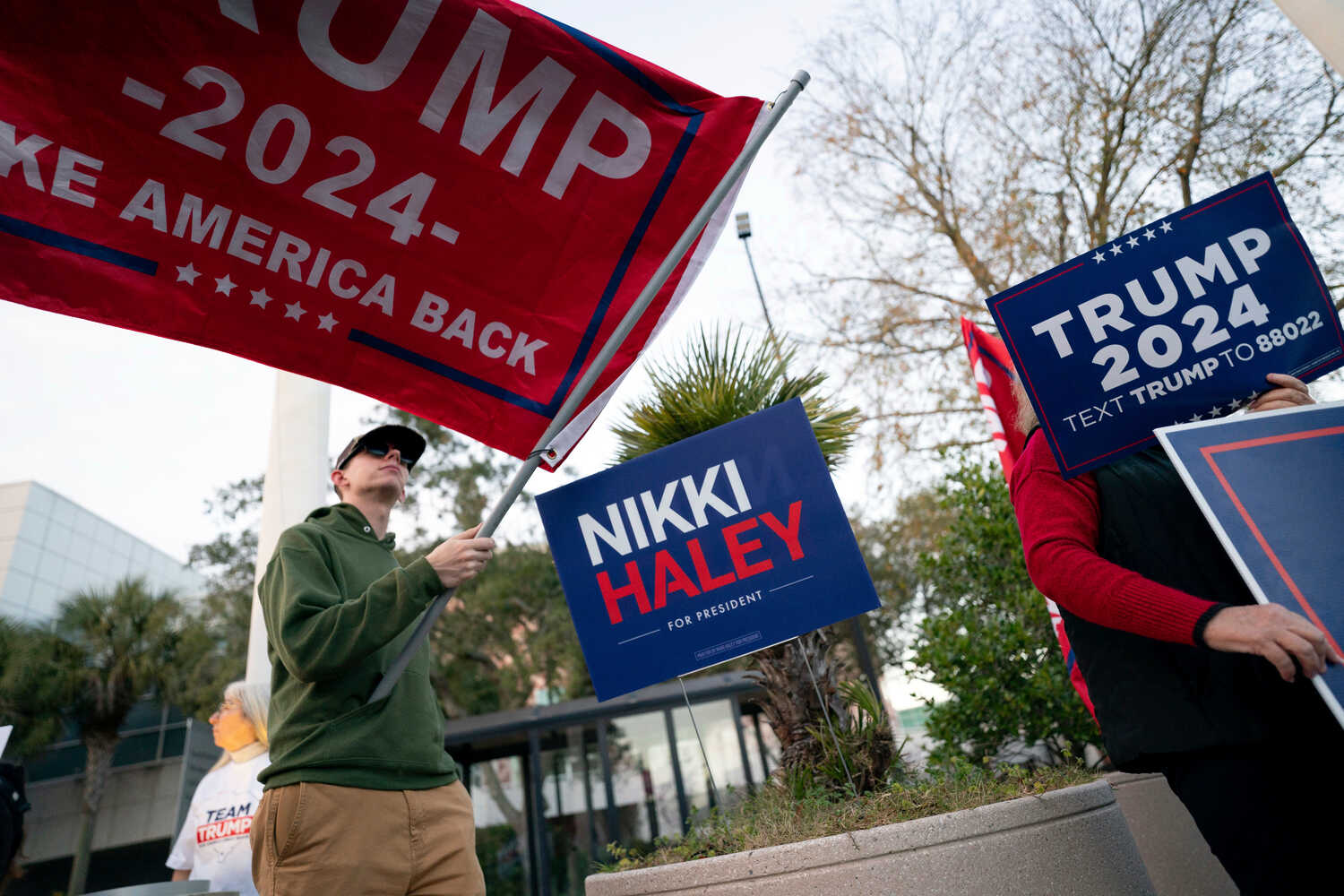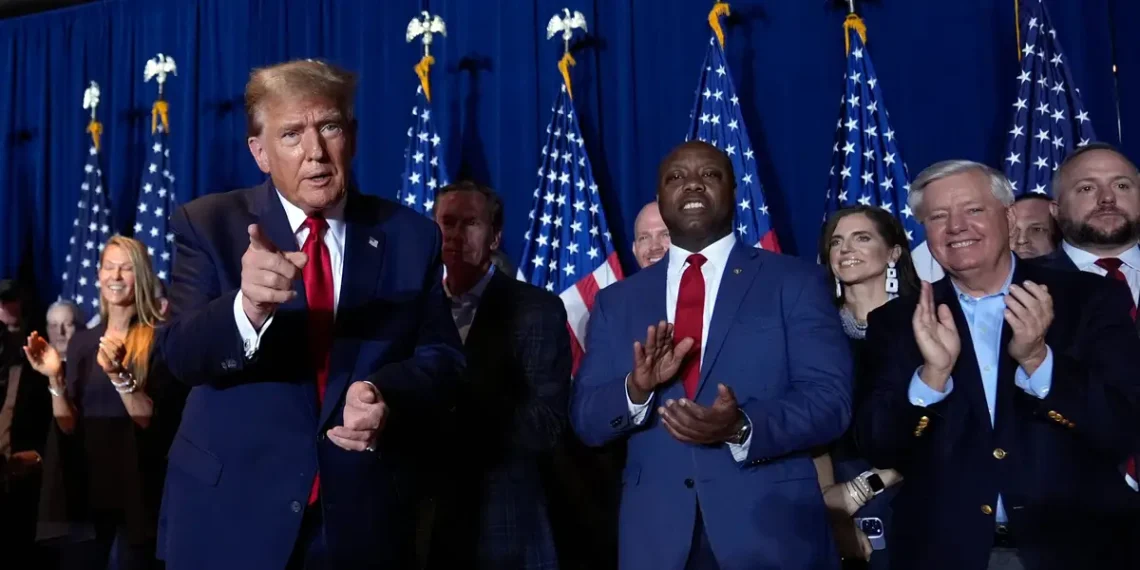Presidential contenders Donald Trump and Nikki Haley are set to compete in the Washington, D.C., Republican primary, a contest that holds symbolic significance despite its small-scale nature.
With only 19 delegates at stake, the primary serves as a barometer of each candidate’s support within the party, particularly in urban areas where Haley aims to make inroads against Trump’s rural base.
While Trump has dominated previous contests, winning all nominating events, D.C.’s unique demographics present an opportunity for Haley. The city’s urban landscape and high percentage of college-educated residents offer a potential foothold for her campaign.

However, the absence of local polling and the city’s small Republican population introduce uncertainty into the outcome.
Haley actively campaigned in D.C., hosting an event at the same hotel housing the polling station, while Trump’s campaign remained relatively subdued, primarily reaching out to local supporters via text messages.
Despite the limited number of delegates, the primary serves as a microcosm of broader trends within the Republican Party, highlighting Trump’s enduring support across diverse demographics.

The lack of local opinion polls further adds to the unpredictability of the primary’s outcome. Regardless of the result, the contest underscores Trump’s ability to maintain a core base of supporters within every segment of the party, reaffirming his dominance in the Republican nomination race.
Looking ahead, Tuesday marks Super Tuesday, with 15 states and one U.S. territory holding significant nominating contests. With 874 delegates up for grabs, the focus will shift to larger-scale primaries, further shaping the trajectory of the presidential primary.





